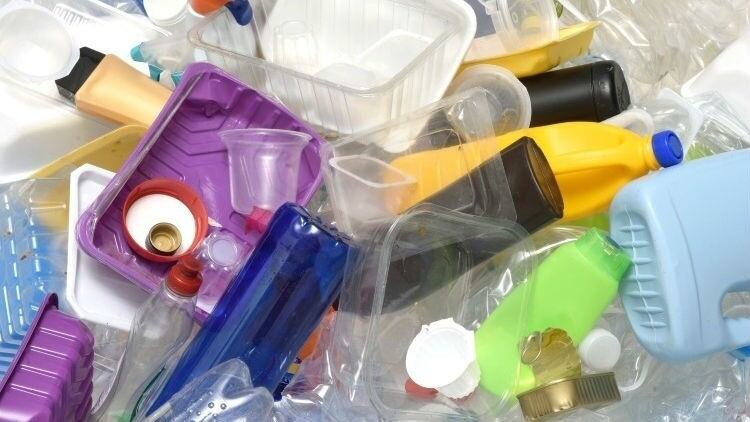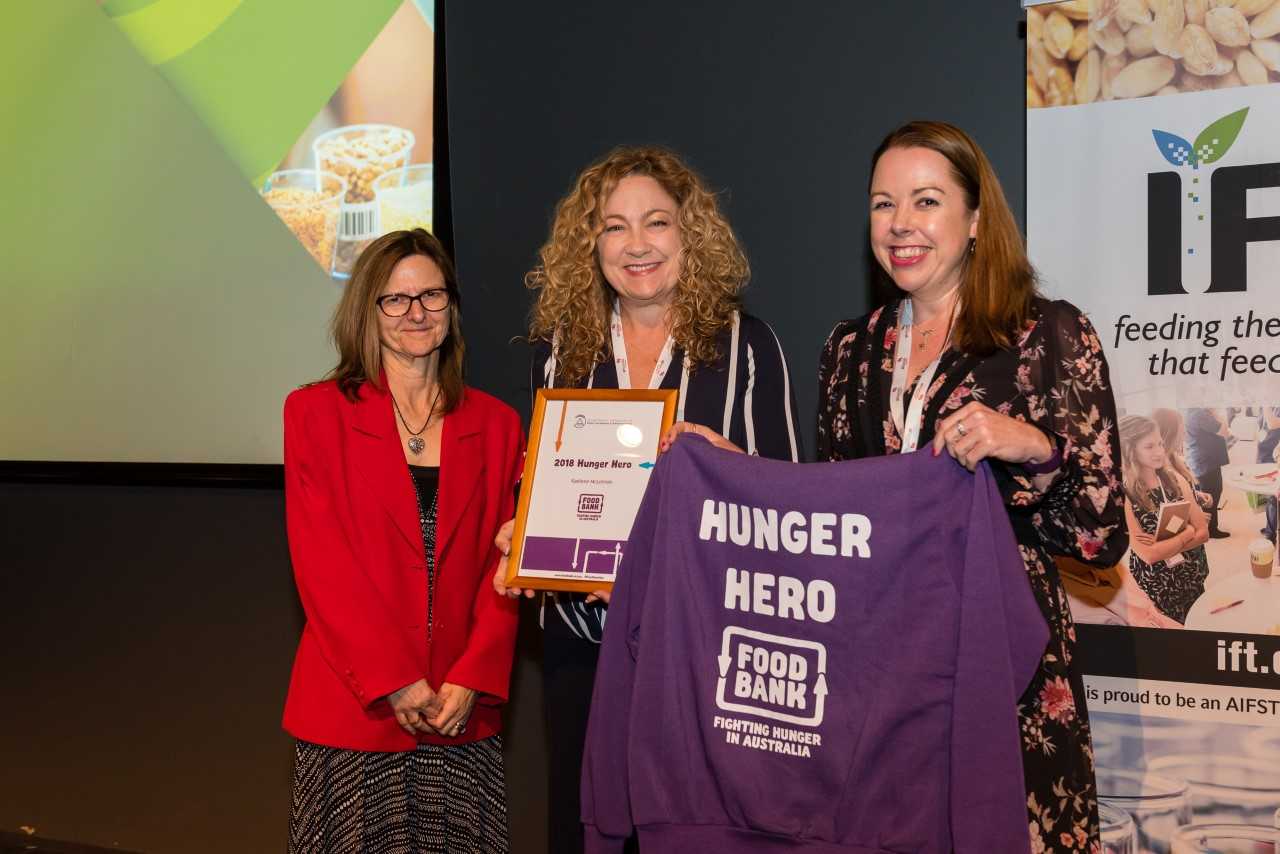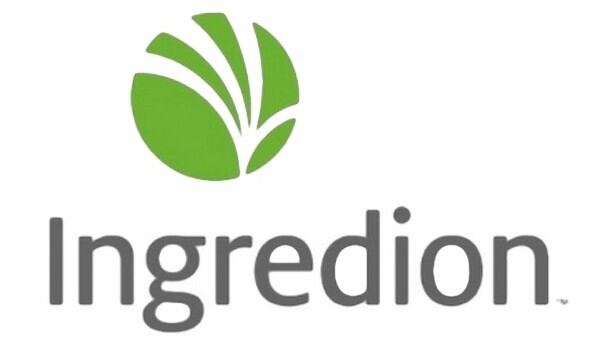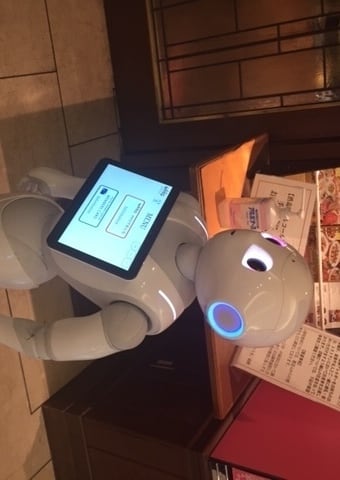‘Top polluters in Asia’: Coca-Cola, Mondelez respond to Greenpeace plastic waste audit findings
Coca-Cola, Mondelez and Perfetti van Melle have been identified as the ‘top polluters in Asia’, according to the results from Greenpeace’s Break Free from Plastic global brand audit.
The brand audit effort covered 239 cleanups and audits across 42 countries, and is claimed to be ‘the most comprehensive snapshot of the worst plastic polluting companies around the world’.
“Over 187,000 pieces of plastic trash were audited, identifying thousands of brands whose packaging relies on the single-use plastics that pollute our oceans and waterways globally,” wrote Greenpeace.
According to the audit, the most frequently-found brands on plastic waste in Asia were Coca-Cola, Mondelez International and Perfetti van Melle.
Japan animal testing: 13 major food and beverage manufacturers agree ban practice unless required by law
Thirteen Japanese companies have instituted policies that ban animal tests following discussions with People for the Ethical Treatment of Animals (PETA).
Asahi Group, Ezaki Glico, NH Foods, Ensuiko Sugar Refining, Kewpie, Meiji, Nissin, Sapporo Holdings, Satake, Suntory, Toyo Suisan, Fuji Oil, and Megmilk Snow Brand are companies which have agreed to a ban on animal test.
PETA began email correspondences with the companies from March this year, urging them to ban animal tests that are not required by law.
This is because the tests conducted were “cruel and scientifically questionable”. For instance, experimenters starved and force-fed mice, drew its blood, killed and dissected the mice.
PETA urged the companies to conduct human clinical trials instead, since the tests they have conducted involved common food ingredients with no toxicity concerns.
Nestle’s massive Malaysia Milo move: Firm’s $24m production expansion plan
Nestle (Malaysia) Berhad will be investing over RM100mn (US$24mn) to establish the world’s largest Milo Manufacturing Centre of Excellence, but it will also lead to Milo production at one existing site halting.
The money will be pumped into expansion works for its existing Milo factory in Chembong, Negeri Sembilan.
All Milo manufacturing operations in the country will eventually be consolidated in Chembong. Existing Milo operations in the company’s Petaling Jaya factory will be shifted over, Nestle Malaysia told FoodNavigator-Asia.
“The MILO plant in Chembong is an integral part of the Company’s business, supplying MILO domestically and contributing exports to over 20 countries,” said Nestle Malaysia CEO Alois Hofbauer.
Faster, cheaper, simpler: How to improve Indonesia’s halal certification regime
The development of halal food analytical science is vital to further develop and support certification and credibility in Indonesia.
Dr Nancy Dewi Yuliana from the Assessment Institute for Food, Drugs and Cosmetic, Majlis of Ulama of Indonesia (LPPOM MUI) emphasised on the need for advanced, faster analytical methods to answer various challenges in halal certification at FI Asia in Jakarta.
“Some halal issues cannot solely be solved by onsite halal audits and need confirmation by lab analysis,” said Dr Yuliana.
“Advanced analytical methods need to be developed and [these] should be able to answer [challenges faced in the Indonesian halal certification process].”
Carbs crash: Meal replacement snack bar opportunities abound in Indonesia
With a quarter of urban Indonesians are avoiding, or intend to avoid, carbohydrates, analysts are predicting a bright future for the nation’s fledgling meal replacement snack bar sector.
The issue of Indonesia’s rising cases of obesity and diabetes was a hot topic at last week’s Fi Asia show, with several conference and seminar sessions assessing what could be done to boost public health.
According to World Health Organisation data, 7% of the population has diabetes, while 24% are overweight and 6% obese, with projections forecasting these numbers to rise considerably to 2050.
Amid this backdrop, one relatively small sector that could be set to flourish is meal replacement snack bars.





